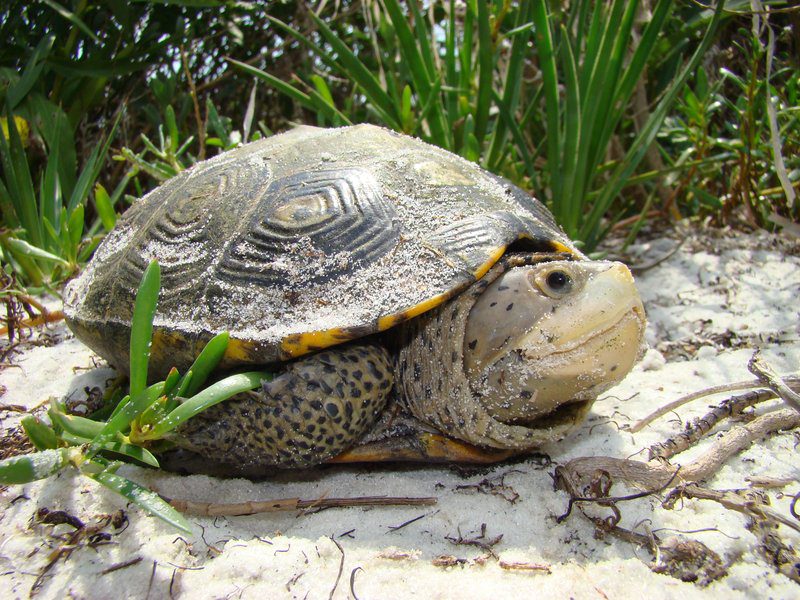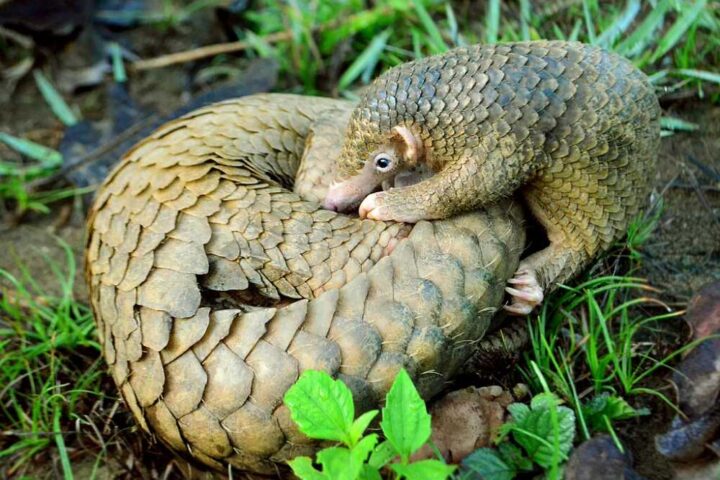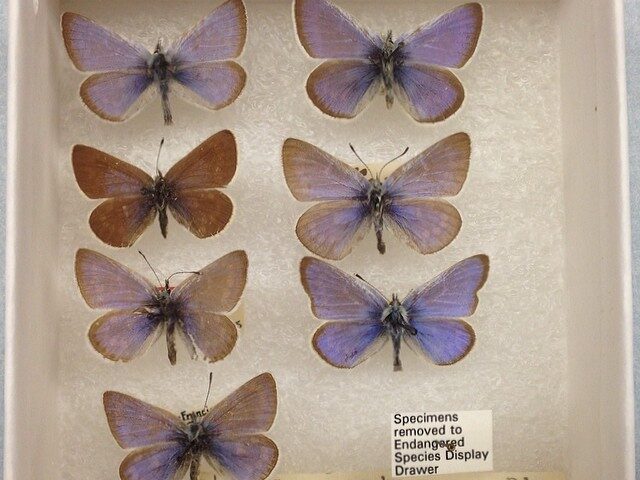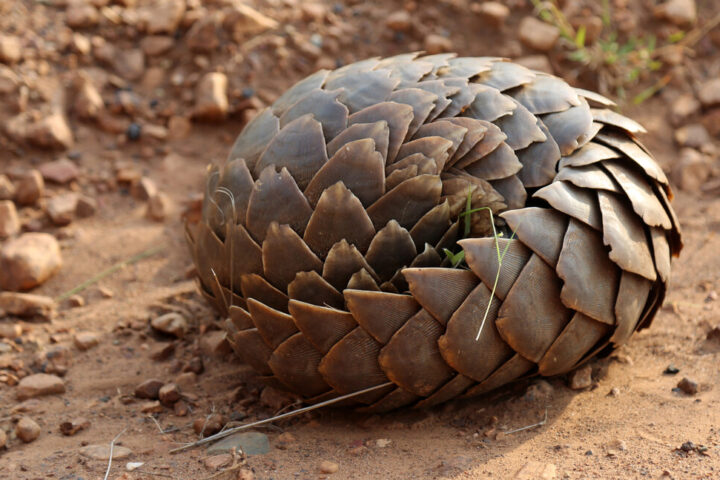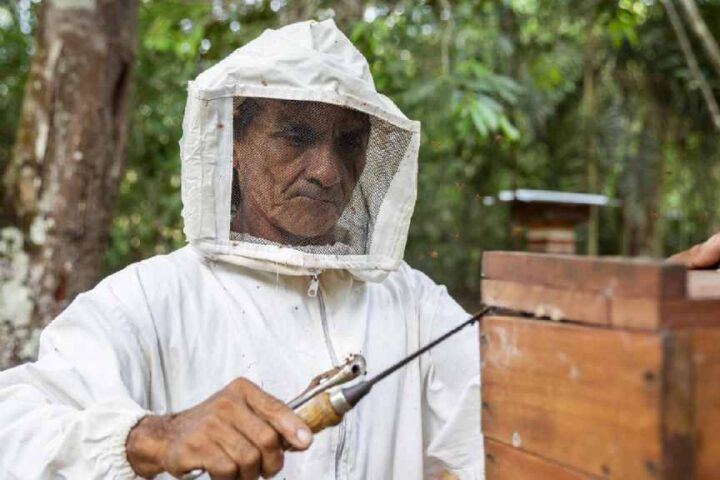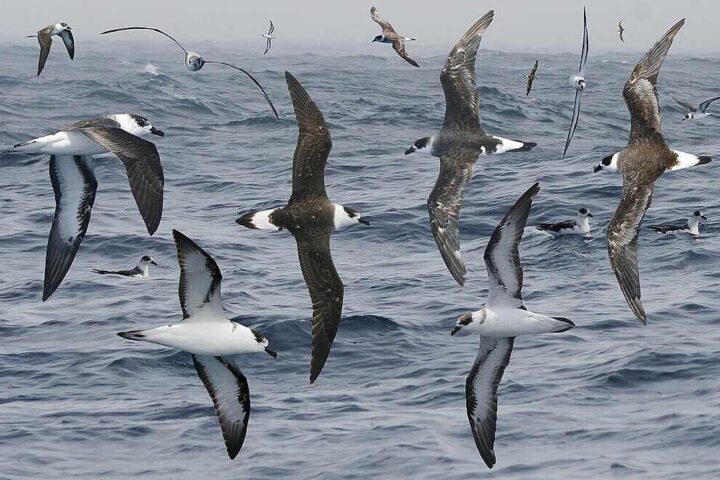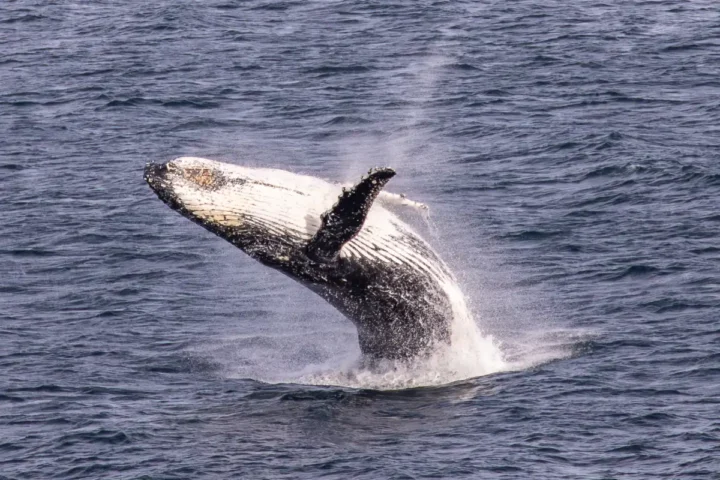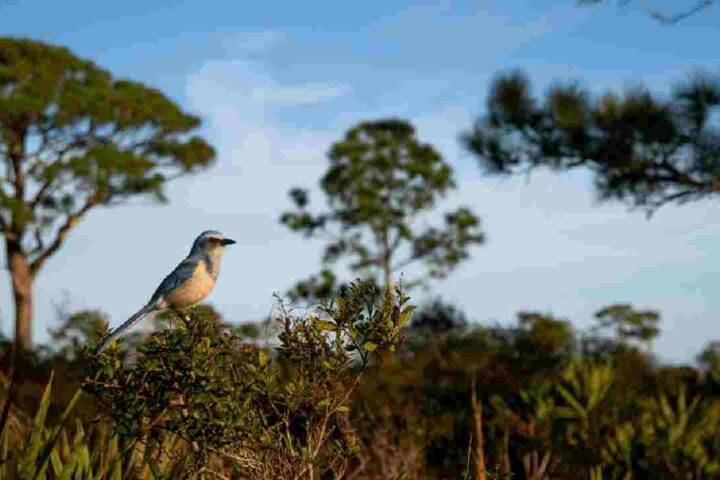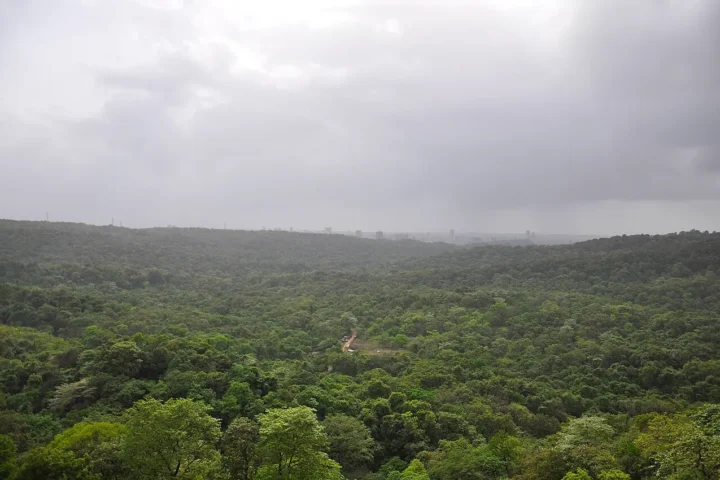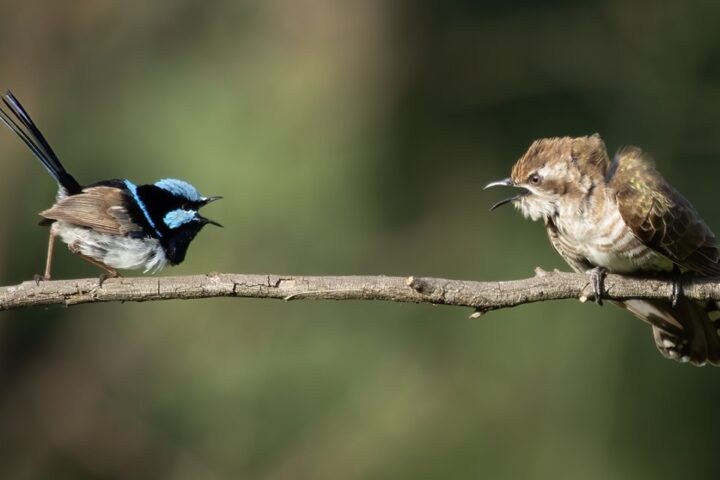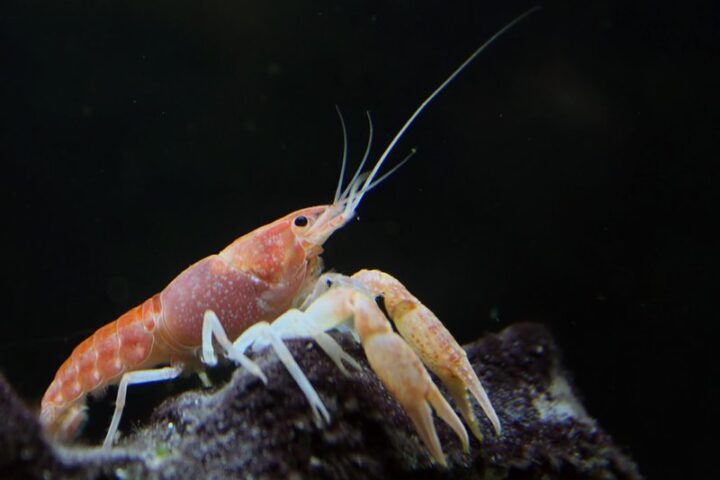Conservation groups filed a petition on September 30, 2025, asking the Georgia Department of Natural Resources to protect diamondback terrapins from drowning in blue crab traps.
“Georgia should protect diamondback terrapins from drowning in blue crab pots, especially since an inexpensive little device could pretty much fix this sad situation,” said Tara Zuardo, a senior wildlife advocate at the Center for Biological Diversity. “It’s cheap, it’s simple, and it could save thousands of turtles.”
Five organizations filed the petition: the Center for Biological Diversity, One Hundred Miles, Skidaway Audubon, Altamaha Riverkeeper, and Coastal Plain Conservation Group.
Experts estimate 60,000 to 80,000 terrapins die annually in active and abandoned crab traps along America’s coasts. Diamondback terrapin populations have declined by approximately 75% across much of their range over the past 50 years.
Diamondback terrapins, found along the Atlantic and Gulf coasts from Massachusetts to Texas, are the only turtles in the world that live exclusively in coastal estuaries. These turtles, known for their diamond-patterned shells and speckled skin, primarily feed on snails, clams, mussels, and small crabs.
Similar Posts
The problem occurs when terrapins enter crab pots and cannot escape. Unlike crabs, terrapins need to surface for air and drown when trapped underwater. A single abandoned trap can capture dozens of terrapins – in one documented Georgia case, more than 90 dead terrapins were found in a single trap.
BRDs are small devices installed on crab pot entrance funnels that prevent most terrapins from entering while having little to no effect on crab catch. Studies across multiple states confirm their effectiveness.
Several states already require BRDs. Traditional funnel-style crab pots are banned in Massachusetts, Rhode Island, and Connecticut. New York and New Jersey require BRDs on both commercial and recreational pots, while Delaware, Florida, and Maryland require them on recreational pots.
The Georgia petition comes amid growing concern for terrapin conservation. In September 2024, the Center for Biological Diversity and 20 partner organizations petitioned NOAA Fisheries to list diamondback terrapins as endangered under the Endangered Species Act.
Under Georgia state law, the Department of Natural Resources must respond to the petition within 30 days.
Beyond crab traps, terrapins face multiple threats including habitat loss, sea level rise due to climate change, and shore development that eliminates nesting beaches. Terrapins serve an important ecological role in coastal ecosystems, helping maintain the health of salt marshes and mangroves.
